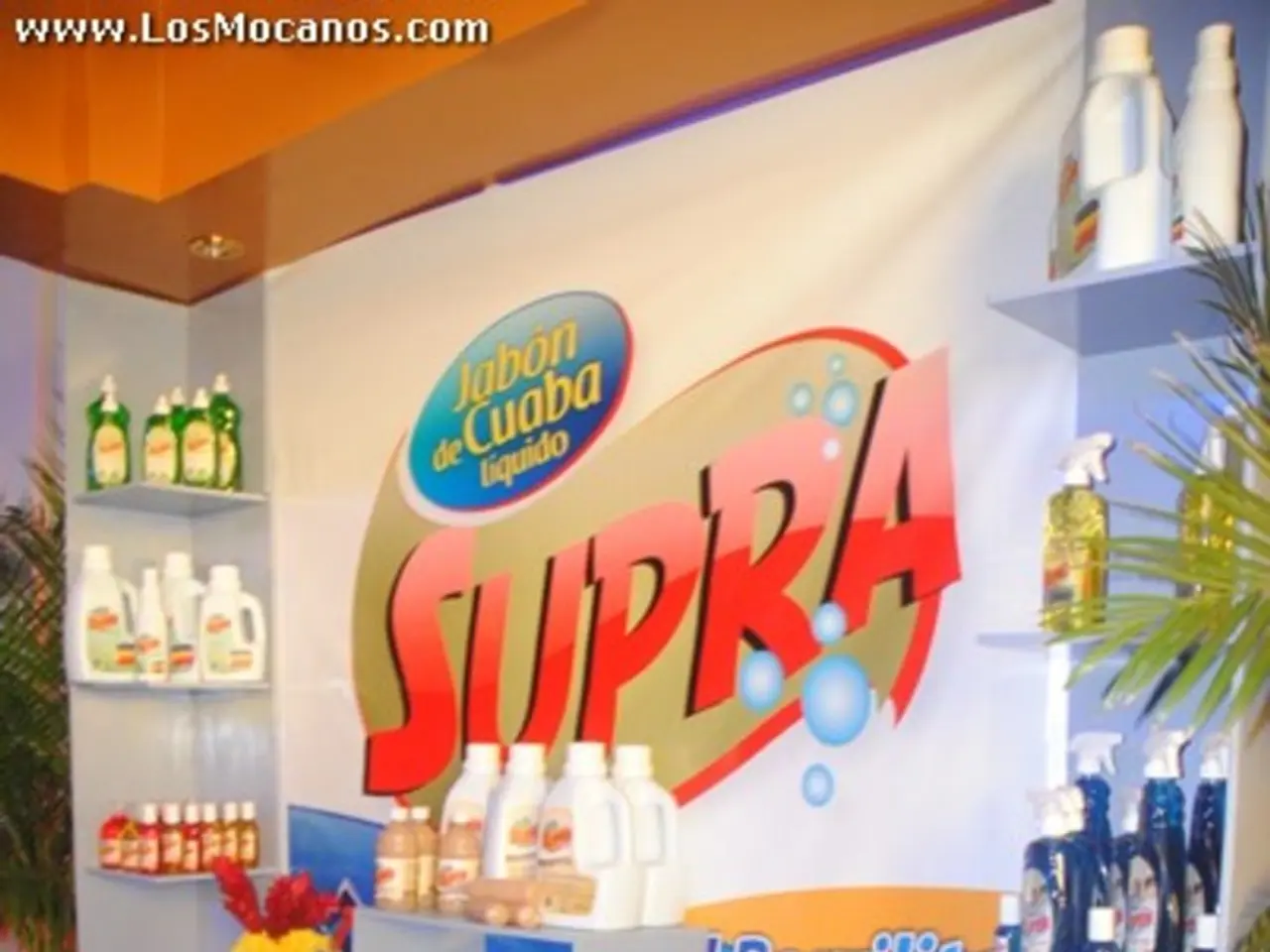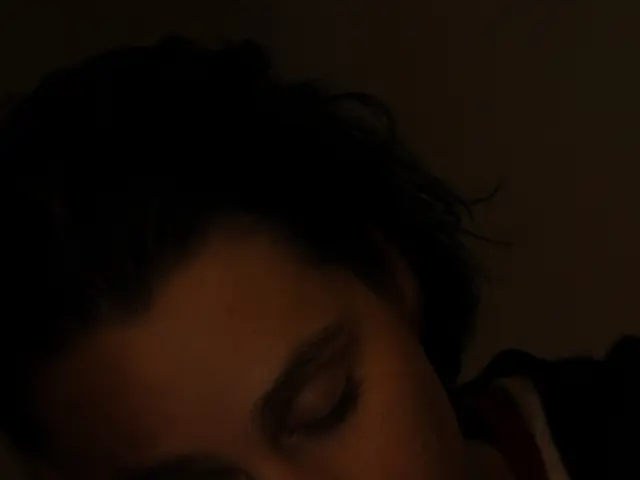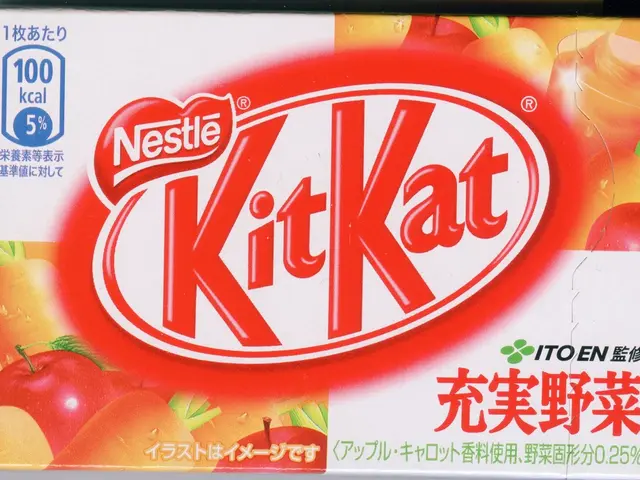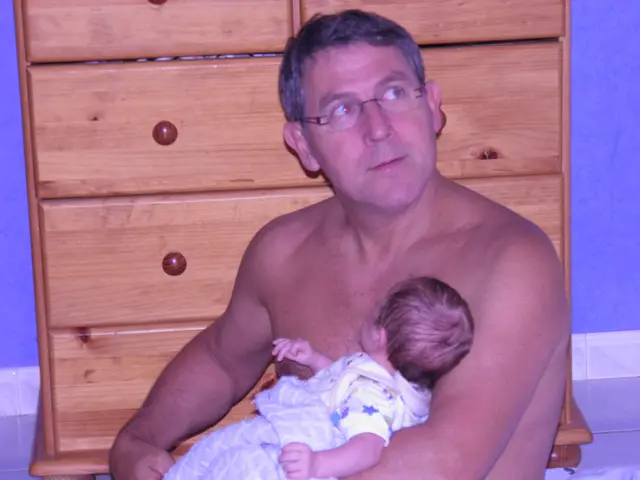New research reveals a diverse image of Generation Z regarding substance use patterns
In a surprising turn of events, a recent global study by IWSR has revealed a notable increase in alcohol consumption among Generation Z (born between 1997 and 2012) over the past two years. The survey, which covered 15 major markets, showed that the percentage of Gen Z consumers reporting alcohol use in the previous six months rose from 66% in March 2023 to 73% in March 2025[1][2][3][4].
This increase is particularly significant in key countries such as the United States, where consumption jumped from 46% to 70%, the UK (66% to 76%), and Australia (61% to 83%) over the same period. This data challenges the earlier narrative that Gen Z was abstaining or significantly moderating alcohol use. Instead, their participation rate in drinking is now broadly in line with older generations, and the gap is narrowing.
Younger consumers are increasingly opting for a wider variety of alcoholic beverages, with a notable preference for spirits. Gen Z drinkers are also more likely to explore a broader range of alcoholic beverages than their older counterparts[3].
The rise of functional wellness drinks and energy drinks continues to reshape how young adults socialize. However, the increase in alcohol consumption among Gen Z is the biggest increase of any age group in the study. This resurgence is linked to factors like an improving propensity to spend and rising disposable income as more Gen Z adults enter the workforce, suggesting this trend is likely to continue[1][2].
IWSR's COO of consumer insights, Richard Halstead, commented that this resurgence is linked to factors like an improving propensity to spend and rising disposable income as more Gen Z adults enter the workforce, suggesting this trend is likely to continue. Halstead notes that alcohol consumption has always been closely linked to disposable income. He states that as Gen Z drinkers enter the workforce and earn more, they are expected to drink more often, similar to millennials[1][2].
The decline in overall alcohol consumption cited in previous years is now seen more as cyclical and tied to economic pressures rather than a generational abandonment of alcohol[1][2]. It's important to note that young adult drinkers are less likely than the rest of the population to drink alcohol at least once a week (46% vs 56%). Gen Z still drinks less overall than older adults across all generations, of whom 78% reported drinking in the past six months[5].
The figure of young adults who do not drink has remained relatively stable among the rest of the population, at around 13%. An interesting development in the alcohol market is the rise in popularity of alcohol-free brands like Heineken 0.0, Guinness 0.0, and Lucky Saint. Global players like Diageo and Pernod Ricard have also invested heavily in premium spirits, botanical infusions, and experience-led marketing[6].
A viral success on TikTok was the Absolutely Heinz campaign, a collaboration between Absolut Vodka and Heinz, which showcased the creation of alcoholic cocktails using Heinz ketchup and other condiments. Broader trends like Dry January and Sober October have made temporary abstinence popular among non-teetotallers, indicating a growing awareness of health and wellbeing among younger generations[7].
Halstead suggests that the previous decline in drinking was shaped by circumstance, not a fundamental rejection of alcohol. As economic conditions improve and Gen Z continues to enter the workforce, the rise in alcohol consumption among this demographic is expected to continue.
[1] https://www.iwsr.com/insights/2023/03/gen-z-alcohol-consumption-on-the-rise [2] https://www.iwsr.com/insights/2025/03/gen-z-alcohol-consumption-continues-to-rise [3] https://www.iwsr.com/insights/2023/03/gen-z-preferences-reshaping-alcohol-market [4] https://www.iwsr.com/insights/2025/03/gen-z-alcohol-consumption-surges-in-key-markets [5] https://www.iwsr.com/insights/2023/03/gen-z-drinking-habits-differ-from-older-generations [6] https://www.iwsr.com/insights/2023/03/alcohol-free-brands-gaining-popularity [7] https://www.iwsr.com/insights/2023/03/dry-january-and-sober-october-trends-among-younger-generations
- The increase in alcohol consumption among Generation Z is not only notable in global markets but also substantial in key countries such as the United States, UK, and Australia.
- In the realm of marketing, global players like Diageo and Pernod Ricard are investing in premium spirits, botanical infusions, and experience-led campaigns.
- While Gen Z's participation rate in drinking is now broadly in line with older generations, health-and-wellness trends among younger generations are evident in the rise of alcohol-free brands like Heineken 0.0, Guinness 0.0, and Lucky Saint.
- Interestingly, the Absolutely Heinz campaign, a collaboration between Absolut Vodka and Heinz, illustrates a lifestyle fusion where food-and-drink elements are combined to create unique alcoholic cocktails.




